
- According to the Legal Information Institute, “a cease and desist order is an order by an administrative agency that requires certain practices specified to stop.”
- With the help of a cease and desist order, one party and its legal representative notify the other of an alleged violation of the sender’s rights (generally related to copyright).
- While a cease and desist order is legally binding and stops someone from continuing the activity that has violated the right, a letter only aims to inform and is not legally binding.
A Cease and Desist Order is a legal directive that an appropriate authority, typically a court or government agency, issues. This order orders an individual or entity to immediately halt a specific informal agreement or action that may be infringing on the rights of another party. This order serves as a formal notice for the immediate termination of certain actions.
In this article, we will be discussing the following things:
- What is a cease and desist order?
- How is an order different from a letter?
- Legal considerations of a cease and desist order.
- When can you receive a cease and desist order?
- What happens when you get this order?
Additionally, I will also answer some questions that people frequently ask about this form of legal order. Therefore, if these are some of the things that you want to know, keep on reading this blog till the end…
What is a Cease and Desist Order?

A Cease and Desist Order is a legal instrument that a court or administrative body issues. It basically directs an individual or entity to halt certain activities that may be unlawful or infringe the rights of certain parties.
It serves as a tool that enables the on-the-spot cessation of actions. Moreover, in case someone neglects or ignores the same, they might face legal consequences.
The court generally issues a cease and desist orders in several areas, including the following:
- Intellectual property regulation.
- Consumer protection.
- Employment disputes.
- Securities regulation.
These orders are designed to do the following things:
- Save your ongoing damage.
- Protect your rights.
- Preserve order in the legal framework.
They generally incorporate specific directives outlining the prohibited conduct, legal foundation, effects of non-compliance, and the timeline for cessation.
For example, inside the realm of intellectual assets regulation, Cease and Desist Orders can be issued to people or groups accused of trademark infringement, copyright violation, or patent infringement.
Such orders are grounded in statutory provisions and case regulations that shield the one-of-a-kind rights of highbrow belongings proprietors.
For example, under the US Lanham Act, which governs trademark law, courts have the authority to trouble injunctions and Cease and Desist Orders to save you from trademark infringement and unfair competition (15 U.S. Code § 1116).
Similarly, within the context of consumer protection, regulatory agencies, in conjunction with the Federal Trade Commission (FTC), might also issue Cease and Desist Orders to agencies engaged in deceptive or unfair practices.
These orders are grounded in legal indicators and actions designed to safeguard customers from fraudulent or deceptive conduct. Section 5 of the FTC Act empowers the body to issue cease-and-desist orders against unfair or misleading acts or practices (15 U.S. Code § 45).
Is A Cease And Desist Letter The Same As An Order?
A cease and desist letter is not legally binding and reflects the opinion of an individual, normally a lawyer.
A cease and desist letter may also serve to warn an offender that legal action might be taken if they do not cease the action. The offender is typically given a fixed time frame—usually 10 to 15 days—to end and desist.
A cease and desist letter should observe legal guidelines in the jurisdiction in which it is sent. In addition, the ABA Model Rules of Professional Conduct state that a legal professional shall not gift, participate in supplying, or threaten to offer a criminal charge to obtain an advantage in a civil matter. Such a risk has no practical importance beyond being a negotiation tactic.
Types Of Cease And Desist Orders
Justia defines a cease and desist order as a “command by a court or government agency that legally forces an individual, business, or organization to stop an action, often due to a violation of laws or regulations.”
There are two primary types of cease and desist orders. These are as follows:
Summary Cease And Desist Orders
A summary cease and desist order is an immediate, temporary directive that a regulatory body or court issues to halt an ongoing violation before a full hearing occurs. It’s typically used when there’s evidence of imminent harm to the public or investors, pending further proceedings.
Final Cease And Desist Orders
A final cease and desist order follows a formal adjudication or consent settlement after both parties have had an opportunity to present evidence. It permanently prohibits the unlawful conduct and may include compliance obligations or penalties for future violations.
Legal Considerations For A Cease And Desist Letter
An attorney is certain with the aid of the ABA Model Rules of Professional Conduct. These policies prevent lawyers from presenting—or participating in—threats or issuing criminal fees to benefit a bonus in a civil case.
Additionally, you should meet three preconditions earlier, while a lawyer can also improve the possibility of expenses without violating the professional conduct code.
- The Charge Should Be Related To The Civil Regulations
- The Lawyer Should Believe The Civil Claim And Offense Charges Are Based Totally On Merit In Terms Of The Regulation
- A Civil Lawyer Should Not Attempt To Exert Or Improperly Influence The Criminal Manner
When Can You Receive A Cease And Desist Order?

There are four unlawful actions that are most often addressed with cease and desist orders or letters. Together with unfair labor practices or unfair compensation, these are:
- Misuse of intellectual property.
- Harassment.
- Defamation and libel.
- Settlement violations.
Remember that, at the same time as anybody can write a cease and desist letter, a cease and desist court or other entity should issue an order within the legal realm to accomplish that.
If you are served with a cease and desist order, study it cautiously—with legal recommendation, if vital—to decide who dispatched it and what legal penalties and validity it has.
Intellectual Property
Anyone who copies a work under a trademark, copyright, or license without permission may receive a cease and desist order.
For example, a web publisher who steals content or images from another website without providing the right to republish the content risks and incurs copyright infringement penalties.
If the charges reach the court, the waiver is proof that the recipient knew of the alleged misconduct.
Harassment
A person who repeatedly pesters or threatens every other individual can be issued a cease and desist order as a caution.
For example, in keeping with the Fair Debt Collection Practices Act (FDCPA), third-party debt collectors cannot harass, oppress, or abuse anyone if they want to acquire a debt that is owed.
A debt collector who continuously calls a debtor can be dispatched a cease and desist letter. In more serious cases, a cease and desist order can be sought and issued.
A restraining order is a special type of cease and desist order used in cases of stalking or intimidation. The definitions and guidelines for stalking vary by state across the US.
Character Defamation And Libel
It is unlawful to make untruthful comments about every other person that would be dangerous to their recognition and enterprise, whether in print or verbally. An individual who engages in such behavior must not be amazed to acquire a cease and desist order.
For instance, a person who spreads a fake rumor that a fast-food chain’s burgers are usually made from insects can be issued a cease and desist order. Moreover, seeing that their lies may additionally harm the business.
Contract Violations
A party violating the phrases of a contract can be issued a cease and desist order. In the hedge fund sector, for instance, employees are usually required to sign a non-compete agreement.
This method is used when an employee leaves the business enterprise; they can’t take proprietary substances or customers of the hedge fund with them.
If an employee leaves for a brand new task and solicits clients from the previous employer, the preceding corporation can send a cease and desist order, warning the worker of a capability penalty for breaching a contract.
What To Do When You Receive A Cease And Desist Order?

If you or your company receives a cease and desist order, you have to respond to it in a prompt and appropriate manner. Always remember that anything that happens and your response to the same can be used as evidence that might be used against you in litigation.
If you are working with a lawyer, your response to the order might be considered a part of the settlement negotiation. Moreover, it will become inadmissible in a court of law.
Here are steps you might consider taking when receiving a cease and desist order:
Review The Cease And Desist Order Carefully
You have to effectively understand the claims that are being made against you or your business. Moreover, identify the sender’s information that includes their legal representation.
Consult With A Lawyer As Soon As Possible
It is always advised that you consult with a lawyer who is experienced in torts to have a better understanding of the cease and desist order.
You have to make sure that you provide your lawyer with all the required documents and information that are associated with the case.
It will allow them to effectively determine the seriousness of the case and proceed to the next steps in accordance with that.
Choose A Course Of Action
Your lawyer will have to reach into a negotiation with the opposing party to bring a resolution. The best option that can be availed during such a situation is mediation. Mediation will be helpful as it will allow you to settle the case outside the court, which is more time-consuming.
On the other hand, it is also beneficial as it will allow you to have a better say in the components of the order with the opposing party without breaking any compliance matters.
Moreover, if you believe that the claims against your business are false, your lawyer will suggest that you file a counterclaim to protect your interests.
Seek Insurance Coverage
You need to consult with your insurance provider to check whether your business liability insurance covers the claims that are mentioned in the received cease and desist order.
Prepare For Litigation
The final step you must take if you have received a cease and desist order is to prepare for litigation. Litigation will be the last resort when attempting to negotiate or mitigate failure in the first place.
You have to make sure you hire an experienced litigation attorney who’ll assist you on the legal front in providing the compensation you deserve.
Legal Defenses And Limitations Of A Cease And Desist Order
There are a few legal defenses, challenges, and limitations when it comes to dealing with a cease and desist order. Some of them that you should know about are as follows:
Due Process / Notice & Hearing Requirements
Respondents are entitled to due process under the Fifth and Fourteenth Amendments, meaning they must receive notice of the alleged violations and an opportunity to be heard before a final order issues. Failure to provide adequate notice can invalidate an order.
Overbreadth / Vagueness Challenges
A cease and desist order may be challenged as overbroad or vague if it restricts lawful conduct or lacks clarity on what behavior is prohibited. Courts often strike down orders that fail to define clear, specific limits.
Jurisdictional Or Procedural Limitations
An agency or court must have statutory authority and proper jurisdiction to issue a cease and desist order. Procedural missteps—like improper filing, missed deadlines, or lack of standing—can render an order void or unenforceable.
Frequently Asked Questions (FAQs):
Here are some frequently asked questions related to cease and desist orders mentioned below:
Most lawyers in the US will charge between $750 to $1200 for drafting a cease and desist letter and sending it to the address you have asked them to.
The term cease and desist order is primarily used by lawyers. This is a legal term that is used for ordering someone to stop certain actions that are harmful to a certain entity.






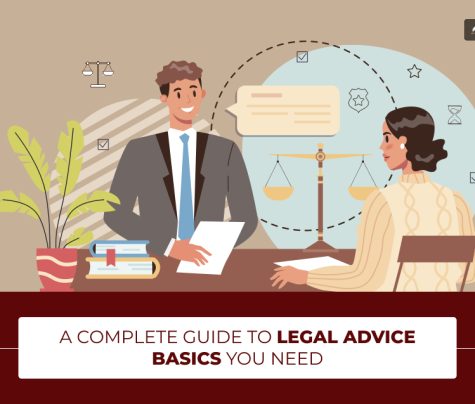
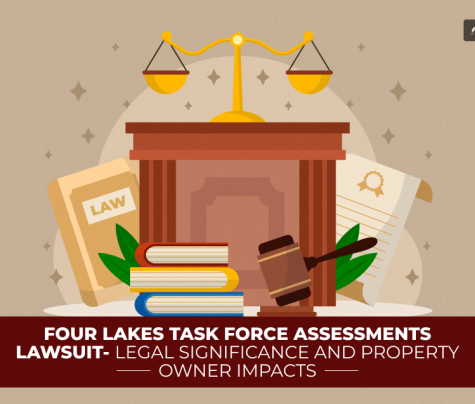
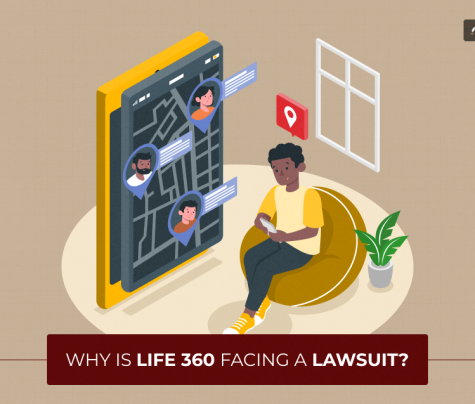
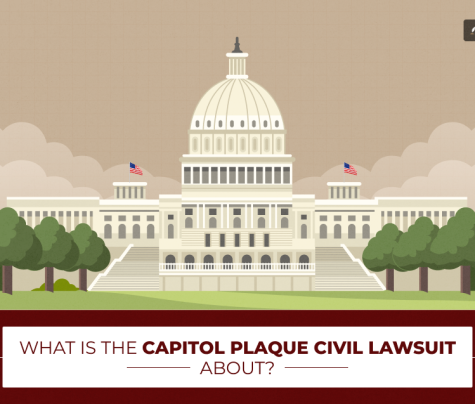
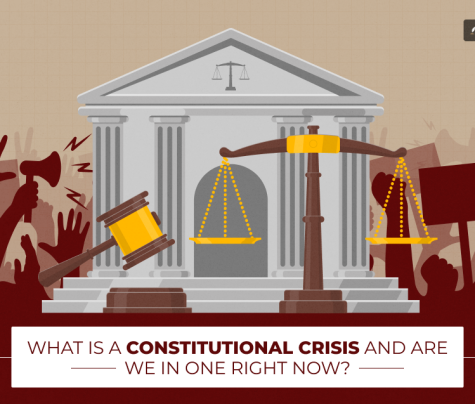
2 Reply
What happens if you appear in court without a lawyer
March 26, 2024 at 10:49 am
[…] What is a Cease and Desist Order? […]
Replyworldcuppoints
February 24, 2024 at 11:45 am
“Excellent!”
Reply